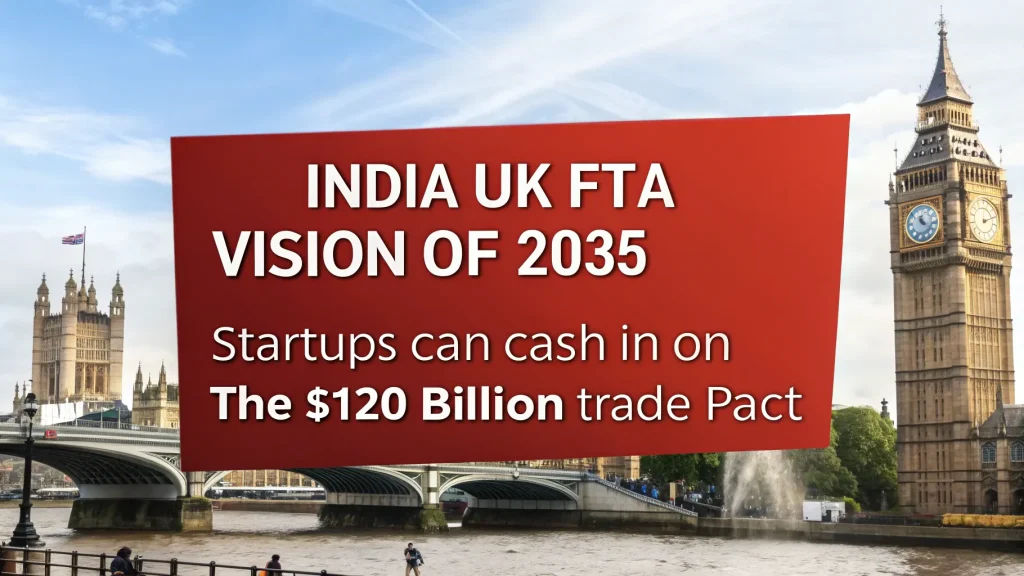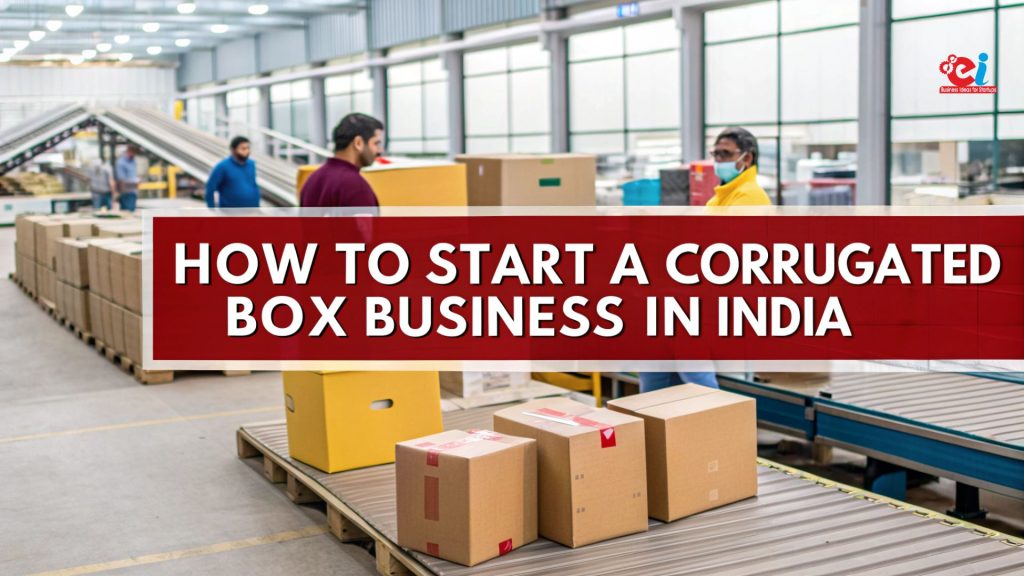In the evolving realm of electric vehicles and sustainable transportation, automobile battery technology stands as the linchpin for innovation, efficiency, and growth. As global emissions targets tighten and fossil fuel alternatives gain prominence, the race to develop the next-generation automobile battery has taken center stage across R&D institutions, startups, and major automotive players alike.
Revolutionizing Mobility: Top Automobile Battery Technology Projects
1. Solid-State Battery Innovation
One of the most groundbreaking areas in automobile battery advancement is the solid-state battery. Replacing the traditional liquid or gel-based electrolytes with solid materials, these batteries offer significantly higher energy density, enhanced safety, and faster charging times. Toyota, in collaboration with Panasonic, is spearheading commercial-level development, while startups like QuantumScape are making remarkable strides in addressing scalability and durability challenges. These batteries promise to double the range of EVs and eliminate flammability risks associated with lithium-ion cells.
2. Lithium-Sulfur Battery Projects
Lithium-sulfur (Li-S) batteries have attracted massive interest due to their potential to deliver up to five times the energy density of conventional lithium-ion batteries. Companies such as OXIS Energy and researchers at the University of Michigan are leading efforts to tackle the cycle life limitations. The cathode materials in Li-S batteries are less toxic and more environmentally friendly, offering another major benefit in sustainable automobile battery development.
3. Tesla’s 4680 Battery Cell Breakthrough
Tesla’s internal 4680 battery cell design represents a leap in automobile energy technology. These cylindrical cells are larger, more thermally efficient, and cheaper to produce. Tesla’s vertically integrated battery supply chain, paired with structural battery pack design, significantly reduces vehicle weight and production complexity, translating to increased automobile battery performance, range, and safety.
4. Cobalt-Free Battery Chemistry
Cobalt mining has long been associated with environmental degradation and human rights concerns. To address this, companies like BYD and CATL are moving towards cobalt-free lithium iron phosphate (LFP) chemistries. These batteries are safer, more stable, and less expensive to produce. While slightly lower in energy density, ongoing innovation is narrowing this gap while enhancing sustainability.
5. Battery Swapping Infrastructure Projects
While the majority of EVs rely on plug-in charging, battery swapping offers a fast, scalable alternative. Pioneered in India and China by players like NIO and Sun Mobility, this concept allows a depleted automobile battery to be replaced with a fully charged one in minutes. Standardization and automation are key to its success. Governments in Asia are supporting pilot programs, signaling a promising future.
6. Graphene-Enhanced Battery Projects
Integrating graphene into battery design dramatically boosts conductivity and reduces weight. Companies such as Real Graphene USA and Nanotech Energy are advancing projects aimed at commercializing graphene-based automobile batteries. The results are batteries with shorter charging times, longer lifespan, and higher power output—especially beneficial for high-performance EVs and commercial vehicles.
7. Recycling and Second-Life Battery Applications
As EV adoption accelerates, end-of-life automobile battery management becomes critical. Projects focused on battery recycling and second-life applications are gaining momentum. Redwood Materials and Li-Cycle are leading innovations in recovering lithium, cobalt, and nickel from used cells. Simultaneously, used EV batteries are being repurposed for stationary energy storage, reducing waste and maximizing resource use.
8. AI-Driven Battery Management Systems (BMS)
Battery efficiency is not only about chemistry—it’s also about intelligence. AI-driven Battery Management Systems use real-time data and predictive algorithms to monitor and optimize performance, extend battery life, and prevent failures. Startups like Twaice and established firms like Bosch are integrating machine learning into BMS to ensure optimal temperature control, charge cycles, and fault prediction.
9. Ultra-Fast Charging Technologies
Range anxiety remains a barrier to EV adoption. Projects focused on ultra-fast charging aim to overcome this by delivering 300-500 km of range in under 10 minutes. StoreDot’s silicon-based battery, for instance, has shown promising results, while networks like IONITY in Europe are deploying high-power DC chargers. Such developments make automobile battery systems more user-friendly and commercially viable.
10. Hydrogen Fuel Cell Hybridization
While not a conventional automobile battery, hydrogen fuel cells represent a complementary energy solution. Hybrid systems that combine batteries with hydrogen cells are emerging in long-range transport and heavy-duty applications. Toyota’s Mirai and Hyundai’s NEXO are prime examples of this synergy. Projects in this space aim to balance power density and refueling speed with the benefits of battery technology.
11. Sodium-Ion Battery Exploration
Sodium-ion batteries present a promising alternative to lithium-based systems, especially for cost-sensitive markets. Abundant and easy to source, sodium enables the production of low-cost batteries without sacrificing much performance. CATL and Faradion are spearheading pilot projects expected to impact the commercial EV segment and small-format automobile battery usage.
12. Structural Battery Integration
A futuristic but fast-developing project involves turning a car’s chassis into a load-bearing battery pack. By embedding batteries within structural components, automakers can save space and reduce weight. Tesla and Volvo have hinted at developments in this direction. Structural batteries reduce the need for heavy frames, improving energy efficiency and vehicle performance.
13. Thermal Management and Safety Engineering
Thermal runaway is a critical concern in high-energy batteries. Projects addressing advanced thermal management using phase-change materials, liquid cooling systems, and heat pipes are essential. Companies like Mahle and Valeo are investing in research to improve the safety and reliability of automobile battery systems, particularly in hot climates and high-load scenarios.
14. Wireless Battery Charging Projects
Convenience is key for EV mass adoption. Wireless charging projects are experimenting with inductive charging pads embedded in roads or parking lots. WiTricity and Electreon are at the forefront, aiming to create seamless energy top-ups without cables. This innovation allows batteries to be charged even during driving, especially beneficial for public transportation fleets.
15. Quantum Battery Concepts
Still in the early stages, quantum batteries propose instant energy charging using quantum entanglement. While mostly theoretical today, universities and quantum computing firms are researching how this technology could eventually redefine automobile battery storage, eliminating limitations related to charge times and energy loss.
Conclusion
The global push for cleaner transportation is accelerating technological advancements in automobile battery systems. From revolutionary chemistries like lithium-sulfur and solid-state cells to intelligent BMS, battery recycling, and wireless charging, these projects are not just futuristic—they are critical steps toward decarbonizing our mobility. Companies, governments, and academic institutions are pouring billions into these innovations, shaping the landscape of energy storage for generations to come.
Visit the page Select and Choose the Right Business Startup for You for sorting out the questions arising in your mind before starting any business and know which startup you can plan.
We, at NPCS, endeavor to make business selection a simple and convenient step for any entrepreneur/startup. Our expert team, by capitalizing on its dexterity and decade’s long experience in the field, has created a list of profitable ventures for entrepreneurs who wish to diversify or venture. The list so mentioned is updated regularly to give you a regular dose of new emerging opportunities.





